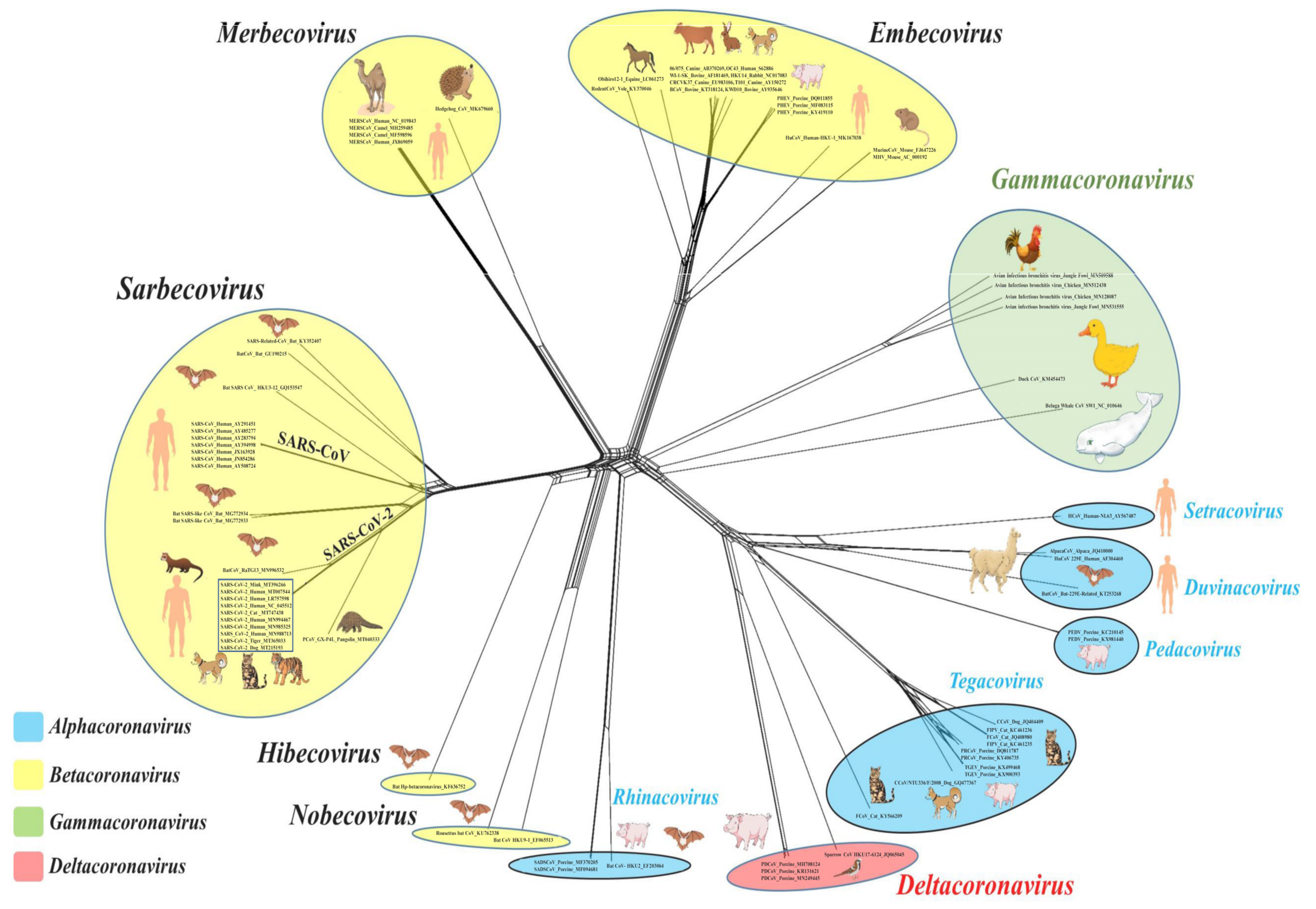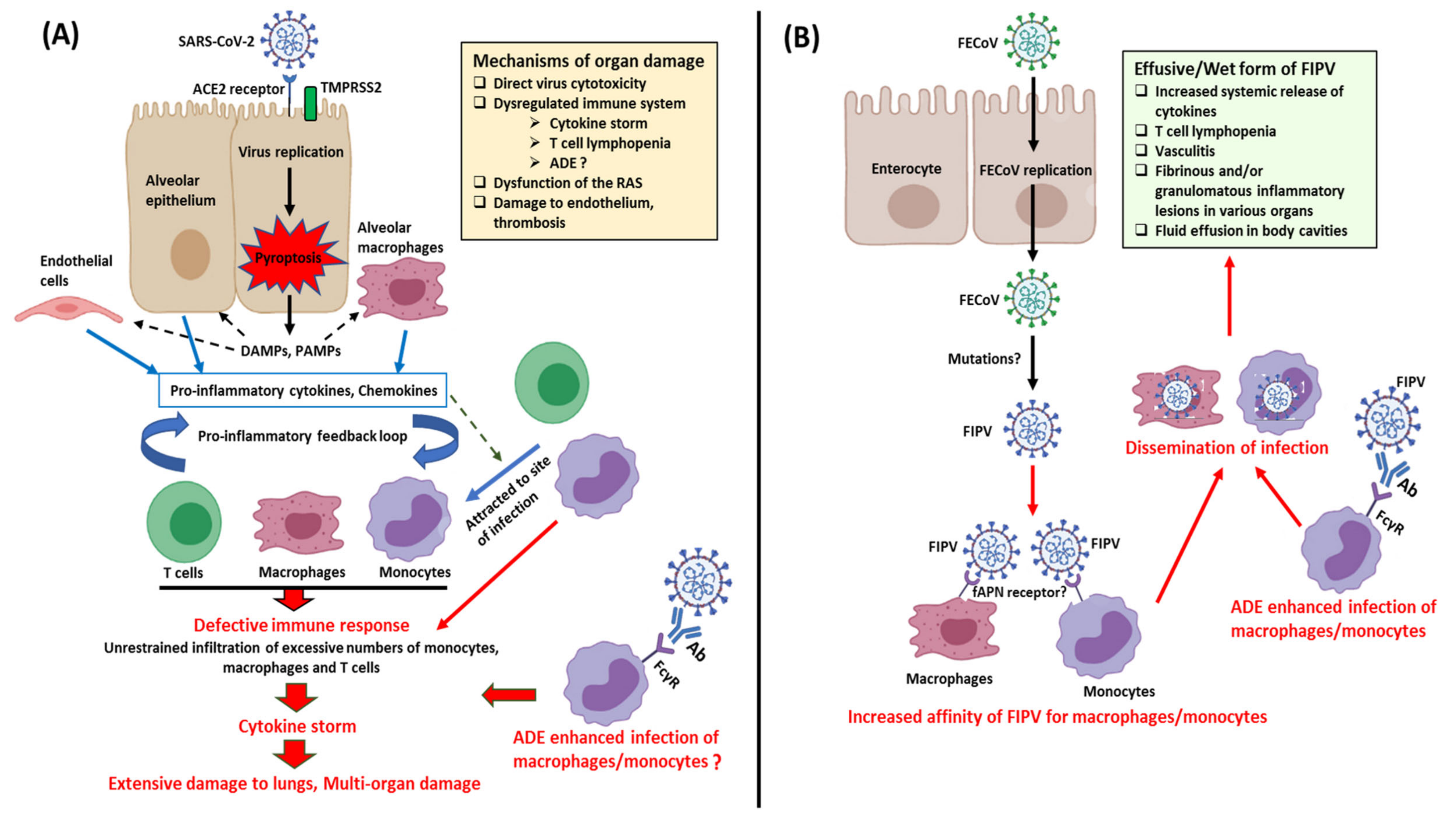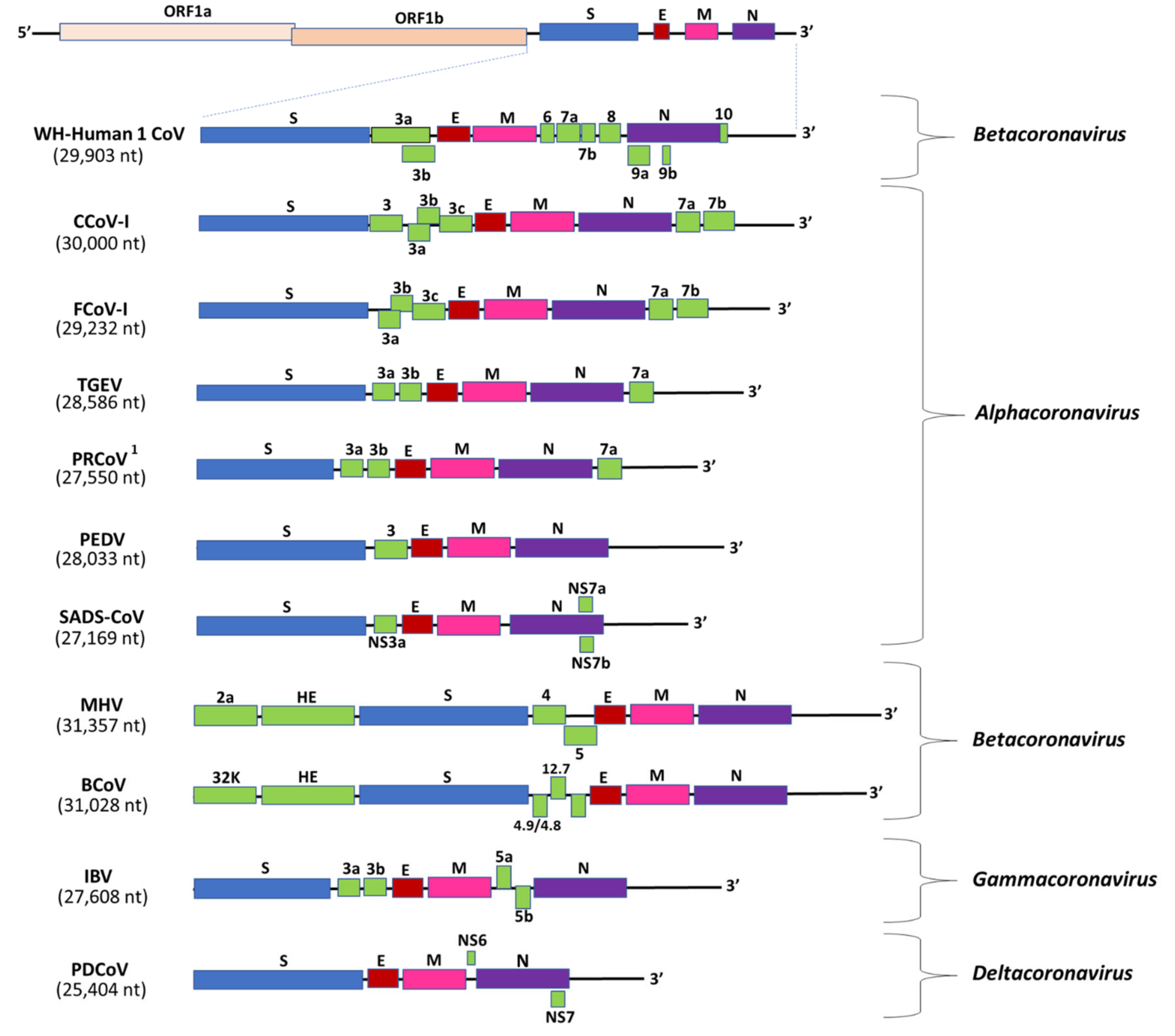Coronavirus In Cats Fip

Scientists dont yet understand how the relatively benign coronavirus is turned into the fatal FIP.
Coronavirus in cats fip. As yet poorly understood changes in the virus can give rise to mutants that lead to the development of feline infectious peritonitis FIP. Most strains of feline coronavirus are found in the gastrointestinal tract and do not cause significant disease. All cats with FIP are unwell and most will have a fever appear lethargic and go off their food.
This type of coronavirus is different from the coronavirus that causes. If your cat has FIP other cats in your household may be at a greater risk for becoming infected with feline coronavirus. Feline infectious peritonitis FIP is caused by one of several strains of feline coronaviruses which are grouped into 2 general types of viruses.
Feline infectious peritonitis FIP is a viral disease caused by a feline coronavirus that affects wild and domestic cats. As a precaution many veterinarians recommend that you wait about a month after an infected cat dies before introducing a new cat into the house to minimize the chance of exposure to the virus. Niels Pedersen at the UC.
He says the drug works by blocking the viruss ability to replicate. Cats that have FIPV also have FECV whereas not all cats that carry FECV develop FIP Simons et al 2005. It occurs in a very small proportion of cats or kittens and is caused by a common virus called feline coronavirus.
Cats living with other felines are also more likely to develop the disease. FIP stands for Feline Infectious Peritonitis and is caused by a cat-specific coronavirus that poses no risk to humans. Feline infectious peritonitis FIP is a fatal disease suffered by cats and kittens.
In some cats however the virus mutates -- causing the deadly FIP. Feline infectious peritonitis FIP is a viral-induced immune-mediated disease of cats caused by virulent biotypes of feline coronaviruses FCoV known as the feline infectious peritonitis virus FIPV. Davis School of Veterinary Medicine.

















